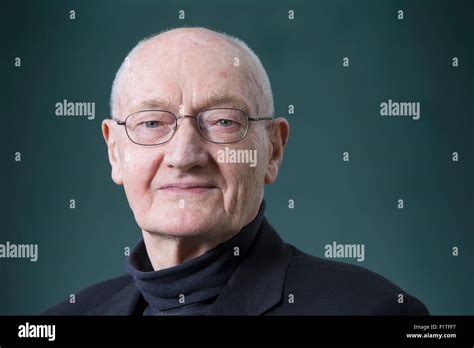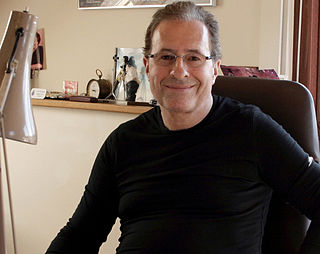A Quote by Charles Stross
The programmers have another saying: 'The question of whether a machine can think is no more interesting than the question of whether a submarine can swim.'
Related Quotes
I am somewhat uncertain whether there is a definite factual question as to whether natural language handles truth-value gaps. Nor am I even quite sure that there is a definite question of fact as to whether natural language should be evaluated by the minimal fixed point or another, given the choice of a scheme for handling gaps. We are not at the moment searching for the correct scheme.
The question should not be whether or not police are allowed to confront suspects; it should be about how we train them. The question should not be whether we have police; it should be how we use them. The question should not be whether judges should have the ability to protect New Yorkers from violent offenders; it should be how we let them.




































